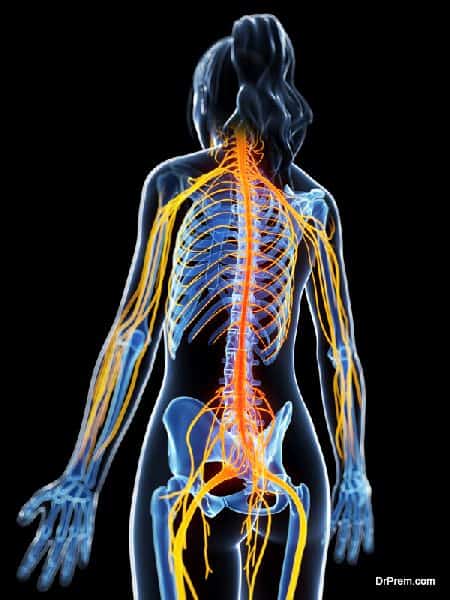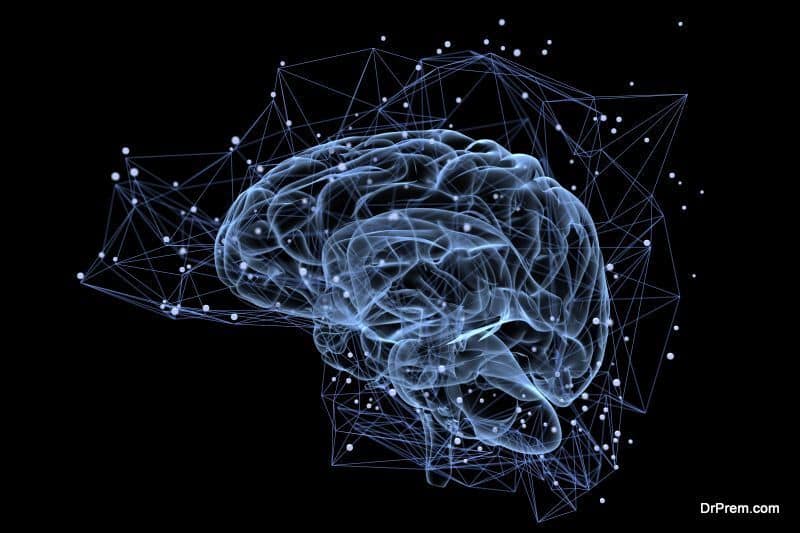March is the Multiple Sclerosis Awareness Month. It is significant as scientists and researchers are trying their best to find a cure and support for people living with the deadly disease.
What is Multiple Sclerosis Awareness? An Overview:
Multiple sclerosis is a progressive neurodegenerative condition, affecting our central nervous system i.e. brain and spinal cord. It is a fatal condition associated with degenerated vital functions of the human body such as locomotion, vision, sensation, and balance. MS disease symptoms, although can occasionally be mild; the condition is categorized into orphan life-threatening diseases, without any cure under current therapeutic modalities. Statistics suggest it to be one of the most widespread neurological conditions, affecting young adults between the ages of 20-30 years, around the globe.
So far, research has explored various categories of MS – right from relapsing and remitting types to progressive ones; however, still much is to be understood about its cause and pathogenesis.
Prevalence:
Statistical analysis has suggested that more than 0.4 million people in the United States are suffering from multiple sclerosis currently. Around the world, so far 2.5 million reported cases are noted. Moreover, geographical analysis of multiple sclerosis has revealed some interesting facts; people living in southern states are more prone towards MS as compared to those who live in northern states, farther from the equator. Further to which, upon relocation from low-risk area to high-risk area, you tend to carry the risk level of a new location, only if you have migrated before reaching puberty. As a general multiple sclerosis awareness, it should be noted that women and identical twins are at a higher risk of disease development.
MS disease symptoms:
Although, MS symptoms have reported to an individualistic pattern; some of the commonly expressed MS disease symptoms are:
- Extreme fatigue
- Difficulty in walking
- Visual disturbances, such as blurry vision
- Difficulty in bladder control
- Unusual numbness or tingling sensation in lower limbs
- Muscle stiffness and spasm
- Difficulties in cognitive abilities, like thinking, learning, and planning
Different symptoms have been reported through various multiple sclerosis awareness programmes, depending upon the type of disease.
Some of the less common symptoms may be noted as:
- Difficulty in speech and swallowing
- Sexual dysfunction
- Mood swings and depression
When to seek a medical help?
Although the exact cause of the disease is not well understood, experts are relating it to heredity. Thus, if you have a family history of multiple sclerosis or have observed any of the above-mentioned symptoms in you or your loved ones, it is always advisable to visit a General Practitioner (GP).
Types of Multiple Sclerosis:
Medical literature has spread enough Multiple Sclerosis awareness through various clinical studies and ongoing research. In general, the disease is categorized into relapsing-remitting MS and Primary progressive MS.
Patient with relapsing-remitting MS exhibit MS disease symptoms at a repeated time intervals; they may last for weeks to months and disappear. Primary progressive MS is comparatively less prevalent, occurring only in 1 out of 10 individuals suffering from MS. This type of multiple sclerosis is associated with gradual worsening of vital abilities over a period of time.
Can multiple sclerosis be cured?
Ongoing research has evidently proven multiple sclerosis to be a disease of our immune system. Although some environmental factors are as well responsible to trigger the damage, scientists strongly believe that individuals who are genetically susceptible are at a higher risk.
In the conventional medical practices, no definitive cure is available for a neurodegenerative condition like multiple sclerosis. However, certain steroids are being prescribed as disease-modifying medications, which are reported to be helpful in delaying the disease progression and symptomatic exhibition. These medications are also intended to speed up the recovery.
Apart from medications, some disease-modifying therapies are suggested – such as physiotherapy, speech therapy, etc. which can reduce overall worsening of symptoms. However, modern medicine has shown multiple therapies like stem cell therapy to be effective in treating MS.
Observation:
MS is identified as a challenging disease to live with. However, advanced research, technology, and large-scale Multiple Sclerosis awareness campaigns over the past 20 years have allowed access to multiple therapeutic approaches in order to considerably improve the quality of life.








